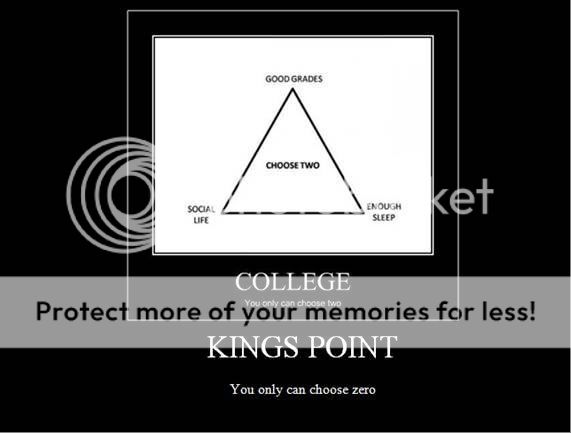- Joined
- Jul 25, 2009
- Messages
- 1,027
Let me clarify this. Would love to have feedback from the active knowledgeable folks here;
1- Does attrition HAVE to happen? By that, with the historical rate of washouts being very close to the same percentage year after year, it would almost be reasonable to say the academy could not support a "perfect" class because there would not be enough staff or facilities to do so.
2- IF (and it's a huge if) attrition has to happen, would it be possible that some mids are not in the tougher,harder,weaker, more difficult etc.etc. professor's classes by sheer accident or luck of the draw? (it would be hard to believe, the powers that be, do not know who those profs are)
Thanks and please don't shoot me, I just had these thoughts after hearing over and over about certain profs.
My answers and thoughts and they are just that I have no a-priori knowledge on the subject.
RE 1: I believe that attrition does indeed "have to happen", my understanding on that subject was/is that the A-Split is slightly smaller than the B-Split so that fewer second and third class men are on campus when the entering Class first arrives and before the natural/historical attrition that happens through the end of first trimester occurs.
RE 2: I do indeed it's basically "luck of the draw" though of course sone profs and classes are historically harder to get through. I always believed the profs were as much based on what majors you took as that drives what sections you are in and what classes you must take.
Just my thoughts from past observations and now thinking about it once again.


 and also got a handful of credits for playing a Navy computer game 1st class year as an elective
and also got a handful of credits for playing a Navy computer game 1st class year as an elective